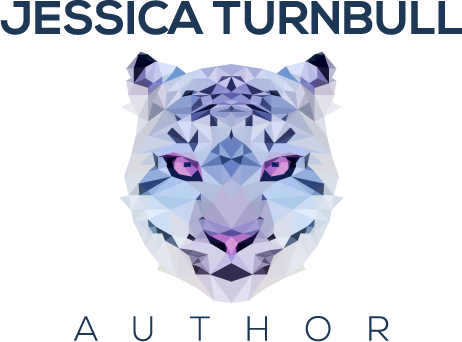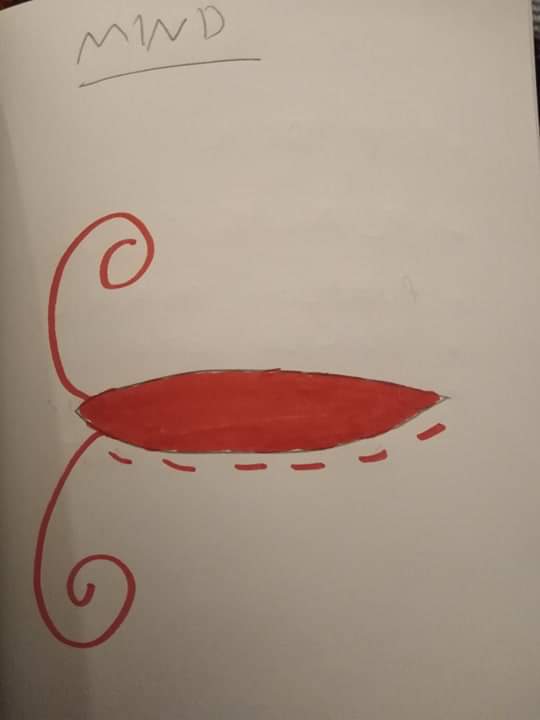Hi all,
This week I'm going to talk about writing magazines and why authors should read them.
There are thousands of magazines out there geared towards writers, filled with publication opportunities, author interviews and book trends. Some you have to pay for, while some are free. I'm subscribed to a few writing magazines and have even had a short story published in one. That's why I want to talk about why writers should read at least one.
Publication.
Writing magazines often hold a lot of competitions which gives readers a chance to have their work published. Depending on who you submit to, you could also get paid! The first time that I was ever published was in a writing magazine, and it's a good way to get you work out there and add to your writing portfolio.
Writing Tips.
Most magazines will contain writing tips from other authors. Although not all will work for everyone, you can try a few out and see if any techniques will work for you.
New Reads.
By reading a writing magazine you might find your next favourite book! There are hundreds of books featured in magazines every year that you might never have heard of.
Marketing Tips.
As well as writing tips you can also discover new marketing tips. There might also be opportunities to advertise your book within the magazine if you have the budget.
Some are free.
You don't have to pay to subscribe to some magazines, you can sign up to mailing lists or just read the online versions.
Writing Events.
Magazines are a great way to find out about writing events. You can find out about events close to you and see which authors are attending.
Book Trends.
You can see which genres are up and coming and what hasn't sold well so far. This can also help you see what agents are looking for and who you can submit to.
New Agents/Publishing Houses.
A lot of writing magazines will advertise new agents or publishing houses. Since they have only just started up they'll be looking for plenty of submissions and you could submit your manuscript if they fit your genre.
That's it for this week, hope you enjoyed.
See you next week!
















